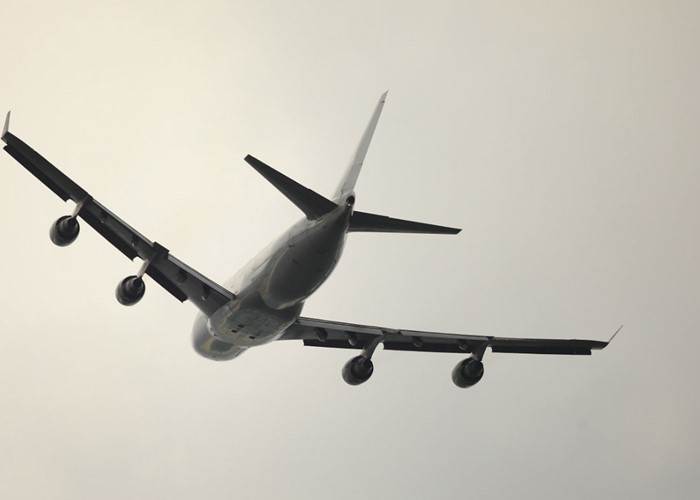EU could make cheap flights more expensive

Unending surcharges that double the advertised cost of a flight may be banned, but this may have unintended consequences.
Flight surcharges for paying by card, for bringing hold baggage, and for administration costs, favoured in particular by budget airlines, could be consigned to history, as the European Community considers a Europe-wide ban. The restriction will bring greater clarity for customers, but it might also lead to higher costs for flyers overall.
How the costs add up
Looking at a return flight for two people, Ryanair will show its prices before adding on as much as £24 for check-in, £8 to insure itself in case it needs to payout due cancellation or delay, and £30 to £60 per hold bag, depending on whether you want to take up to 15kg or 20kg, and whether you're travelling during a peak period. A £100 flight from London to Hamburg suddenly costs double.
But Ryanair isn't finished. In the final stage of the booking process, it will add a fee for paying by card. All cards except prepaid Master Cards will add an extra £24 to your booking for two.
On a return trip for two, easyJet will add £23 to £28 per hold bag, and £8 for a Visa debit card or £13-£20 for a credit card (or more if you pay £500 or more for your flight). Only a Visa Electron card is free. An £85 return trip to the continent has again roughly doubled in the later stages of the booking process.
Budget airlines are not alone
Cheap carriers may be the biggest offenders, but even the premium airlines add card charges. When I tested two of them myself, I got the impression that their original quoted prices included surcharges. That is not the case. In the last step of the booking process, Virgin adds 1.5% of the total cost (around £10 for a £650 flight) and British Airways tags on £9 for two passengers.
What's the fuss about?
It is no big secret that airlines pile on the costs just after you have pretty much committed yourself to the trip. Experienced budget-airline flyers will know that they should assume the final cost is double the first price they see, or triple if the advertised deal seems really cheap, and they will stuff what they can in their hand luggage to avoid the high hold baggage costs.
However, clearly the surcharge tactics works, or these cunning airlines would have stopped infuriating customers with them years ago. Instead, they have added more charges as time has gone by.
Many consumer champions are of the view that this is not a legitimate business tactic but an illegal, unfair trick that causes people to pay more than they wanted to. Consumer group Which? has launched a super-complaint, asking the Office of Fair Trading to investigate. Ryanair and easyJet responded to this with a kick in the teeth: by increasing some of their surcharges.
Labour MEP and chairman of the European Union Transport Committee, Brian Simpson, has now asked the European Commission (EC) to look into forcing airlines to use a single price for each flight. EC vice-president and commissioner responsible for transport, Siim Kallas, is considering the idea.
There may be downsides
Whenever a bank is told to play fair, it always finds new ways to charge people. With overdraft charges it did this by changing the wording in the small print and by tweaking the charging structure. With the assault on payment-protection insurance and credit-card charges, lenders have simply increased interest rates, and I still count that they hide nearly 30 other devious tricks in the small print.
We can expect that the agile budget airlines can also find new tricks. If they cannot, it may mean that passenger numbers will fall, which could either decrease the number of cheap flights available or lead to higher average costs per passenger to keep each flight profitable.
Still, if that means fewer people booking flights at prices they hadn't intended, many would consider that a good thing.
More: Compare travel insurance | New cheapest 0% balance transfer card | Why shopping at Tesco will cut your energy bill
Comments
Be the first to comment
Do you want to comment on this article? You need to be signed in for this feature